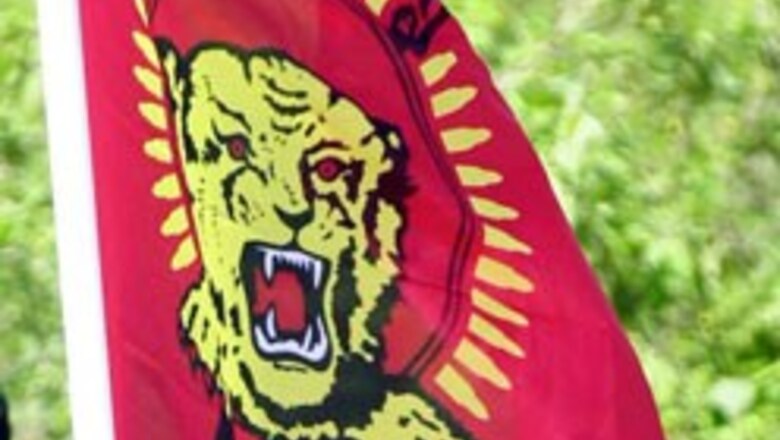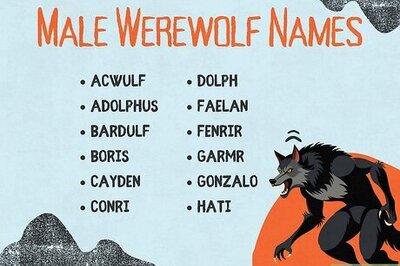
views
Colombo: Sri Lanka's Army and Tamil Tigers battled with mortars and artillery on Wednesady after rebels attacked three eastern military camps.
A day earlier, suicide bombers had tried to sink a troop transport ship with 850 aboard.
Officials said the Army had sustained an unspecified number of casualties in fighting around the strategic eastern port of Trincomalee, which comes as a battle widened for control over a water sluice in the district.
Two Liberation Tigers of Tamil Eelam (LTTE) mortars fell near a civilian hospital in nearby Mutur, but it was not clear if anyone was hurt.
"Detachments in Trincomalee came under a Tiger ground attack this morning," military spokesman Maj Upali Rajapakse said and added, "The Tigers used heavy weapons. There are casualties."
"Our troops have retaliated with mortars and artillery and successfully repelled the attacks," Maj Upali said.
The Tigers were not immediately available for comment. Diplomats and analysts increasingly fear a return to a two-decade civil war that has killed more than 65,000 people since 1983.
Nordic truce monitors say a 2002 ceasefire has broken down in all but name and that the foes are locked in a low intensity war. More than 800 people have died in a series of attacks and military clashes so far this year.
On Monday, a senior rebel in the east said an Army offensive meant the ceasefire was over and that the war had started. But the Government says it remains committed to the ceasefire and the Tigers say they are only acting defensively.
"This certainly looks like a war," said a diplomat. "Neither side has shown any sign of wanting to de-escalate this situation and seek peace," he added.
Four sailors and several Tigers were killed when the rebels fired artillery and mortars at Trincomalee harbour on Tuesday as gunboats attacked the transporter ship. The navy said three small Sea Tiger craft were sunk and three others were damaged.
Air force jets have bombed rebel positions in the east for seven straight days. The Government accuses the Tigers of attempted ethnic cleansing through cutting off the water supply to around 50,000 mostly Sinhalese and Muslims in Army-held territory, but said they were still committed to a fading 2002 ceasefire.
"Denying civilians water is a war crime," head of the Government's Peace Secretariat, Dr Palitha Kohona said.
"Wars have started over less. Look at Lebanon," he added.




















Comments
0 comment